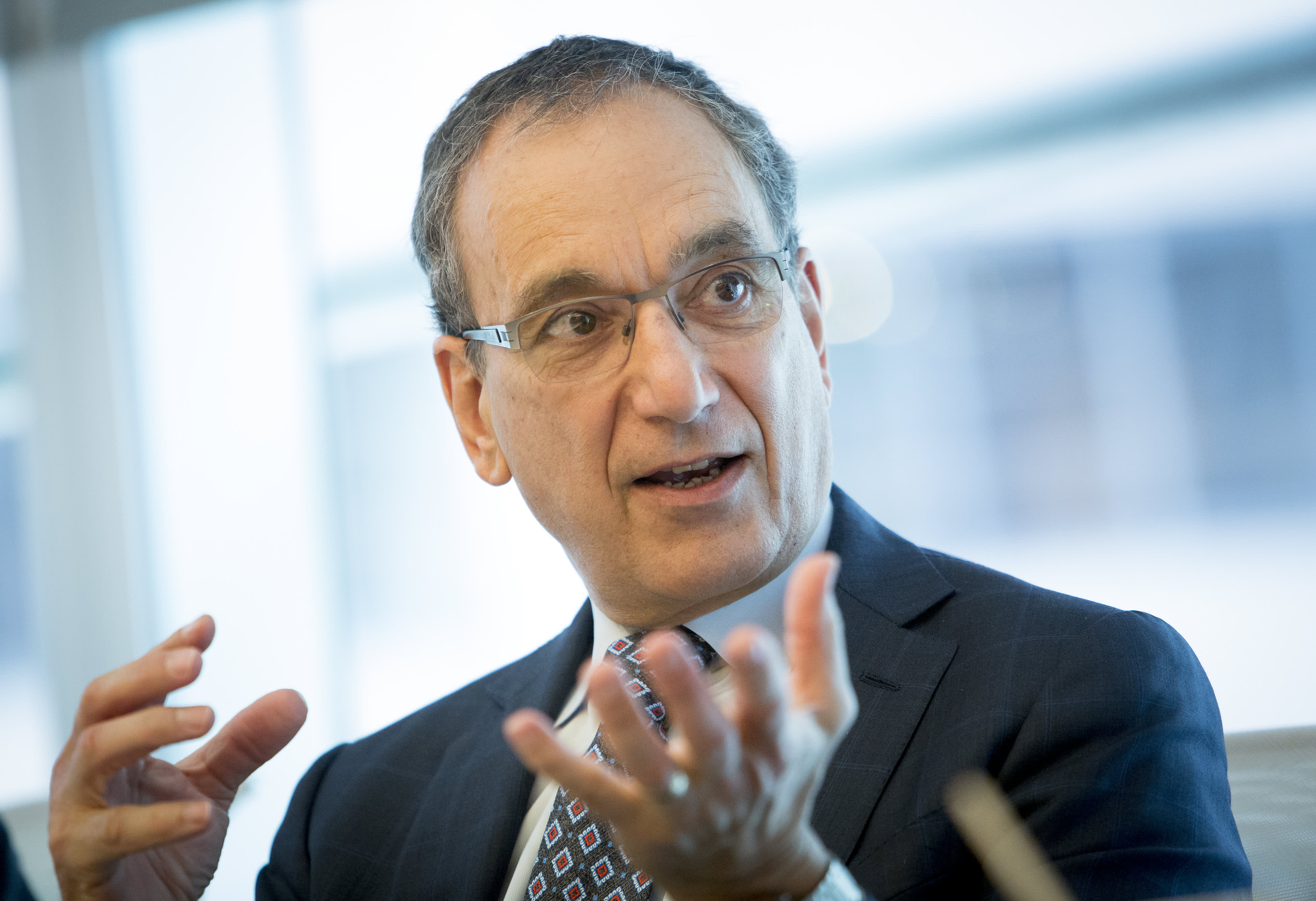CEO of Covid antibody maker Vir Biotech says its treatment ‘stands up well’ to all variants

A monoclonal antibody Covid treatment from Vir Biotechnology and GlaxoSmithKline “stands up well” to all variants of the virus, Vir President and CEO George Scangos told CNBC’s “Power Lunch” on Wednesday.
Scangos’ comments came after the two companies announced contracts to sell $1 billion worth of their antibody, sotrovimab, to the U.S. government. The Food and Drug Administration granted sotrovimab an emergency use authorization in May to treat mild to moderate Covid infections in adults and children.
The antibody is administered intravenously, developed to target Covid’s spike protein and prevent it from attaching to and penetrating human cells, according to the FDA.
“It certainly is an effective antibody against Covid, but also against SARS, also against many other coronaviruses,” Scangos said. “So not only, I think, do we have an antibody that stands up well to all the variants received from Covid, but potentially can help in future coronavirus pandemics as well.”
Though Scangos said that the highly transmissible delta variant is “going to be with us for a while,” he added that sotrovimab could likely protect against new variants that emerge. Future mutations could even be variants of delta, Scangos said, similar to the delta plus subvariant that officials in the U.K. started monitoring in a rising number of cases this fall.
Delta plus features two mutations to the spike protein that Covid uses to enter the body, but the subtype hasn’t evolved far enough beyond delta to be considered its own variant.
Vir and GSK have received orders for 750,000 doses of their antibody treatment worldwide, Scangos said. The companies will deliver the full $1 billion order to the federal government by Dec. 17, giving the U.S. the option to buy more doses through March, according to a press release from Vir.
“It’s important to note that this Covid can go between humans and animals,” Scangos said. “And so as long as it has animal reservoirs and the virus can go into animal populations, mutate, generate new variants and come back into humans, we’re not going to be completely out of the woods.”




